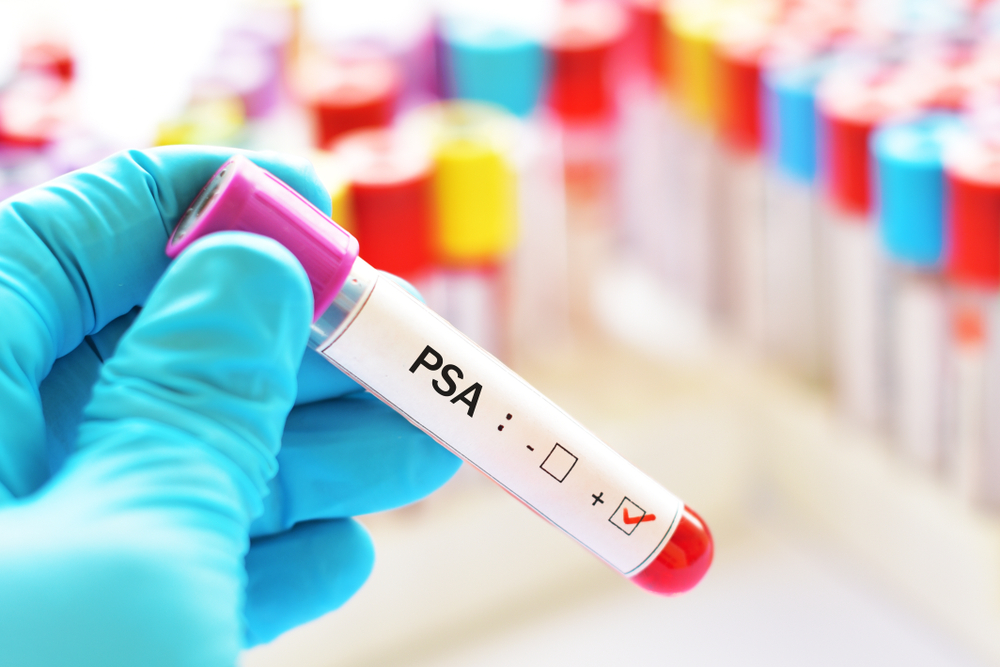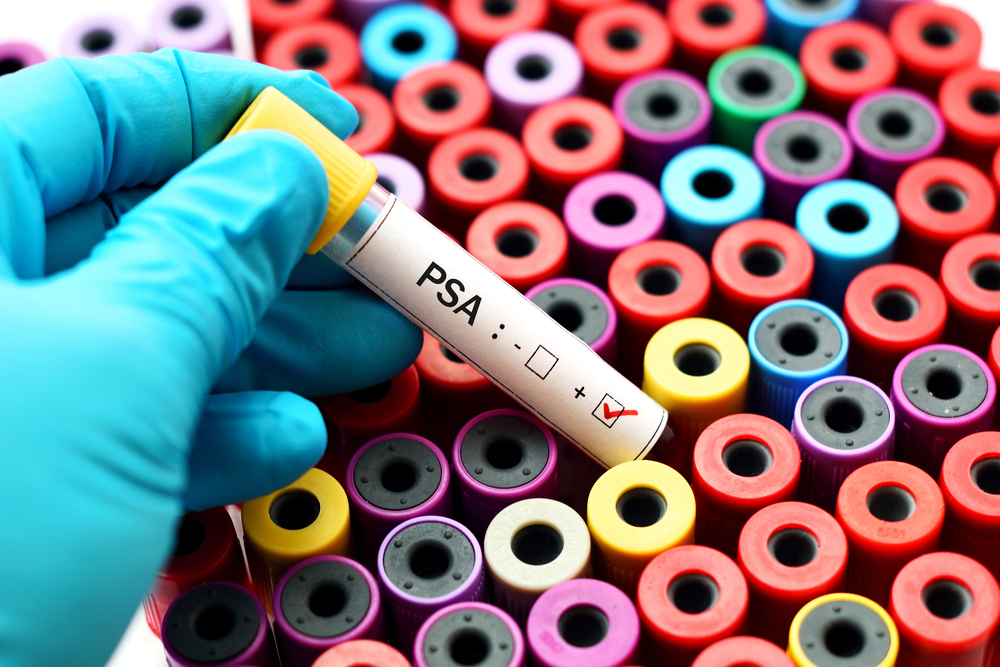Complete Guide to PSA Blood Testing: Detecting and Managing Prostate Health Issues
Learn everything about PSA blood tests, a key screening tool for prostate health. Understand how PSA levels indicate potential prostate issues, including cancer, and discover tips for accurate testing and maintaining prostate health. This comprehensive guide explains test preparation, interpreting results, and lifestyle tips to support prostate health for men of all ages.

Complete Guide to PSA Blood Testing: Detecting and Managing Prostate Health Issues
The prostate gland plays a crucial role in the male reproductive system, primarily responsible for producing seminal fluid that nourishes and transports sperm. One of the key markers associated with prostate health is Prostate-Specific Antigen (PSA), a protein produced by both normal and malignant prostate cells. Monitoring PSA levels through blood tests has become a standard practice in screening for prostate conditions, including prostatitis, benign prostatic hyperplasia (BPH), and notably, prostate cancer. This comprehensive guide delves into the significance of PSA testing, what costs and results mean, and how you can proactively maintain your prostate health.
Understanding PSA and Its Role:
PSA is an enzyme predominantly produced by prostate epithelial cells. While its primary function is to liquefy semen during ejaculation, abnormal elevations in PSA levels can signal underlying prostate issues. Elevated PSA levels may indicate prostate inflammation, infection, enlargement, or malignancy. Because of this, PSA blood testing has become a critical tool in early detection and ongoing monitoring of prostate health.
Prostate cancer remains one of the most common cancers affecting men worldwide. According to global health statistics, millions of men are diagnosed annually, making early detection strategies vital in improving outcomes. Men with higher PSA levels are often referred for further diagnostic procedures to confirm potential issues, including biopsy or advanced imaging. However, elevated PSA does not equate directly to cancer; it is merely an indicator warranting further investigation.
Preparing for a PSA test is straightforward. Nonetheless, it’s essential to inform your healthcare provider of any medications you're taking, as certain drugs can influence PSA readings. For example, medications like finasteride or dutasteride, commonly used for BPH, can artificially lower PSA levels. Additionally, recent activities such as ejaculation, vigorous exercise, or prostate procedures may temporarily elevate PSA levels, so discussing recent activities with your doctor is crucial. Usually, no special dietary or preparatory steps are needed before the test, making it a simple and minimally invasive screening method.
Purpose and Benefits of PSA Testing:
Early detection of prostate cancer: Identifying abnormal PSA levels can lead to earlier diagnosis and treatment, significantly improving prognosis.
Monitoring treatment effectiveness: For men undergoing prostate cancer treatment, PSA tests help assess response and detect potential recurrence.
Assessing prostate health in routine physical exams: Regular PSA screening can help track prostate health over time, especially in at-risk populations.
Prompt detection through PSA screening is critical because prostate cancer often develops silently. The earlier it is identified, the higher the chances of successful treatment and survival. It offers a window of opportunity to address issues before symptoms appear and complications arise.
However, it’s important to consult your healthcare provider about the risks and limitations associated with PSA testing. While useful, this test is not definitive for diagnosing prostate cancer today. Additional diagnostic procedures are essential for confirmation, especially if PSA levels are elevated.
Understanding Test Results:
Generally, PSA levels below 4.0 ng/mL are considered within a normal range for most men. However, age-adjusted reference ranges are often used, with younger men typically aiming for even lower thresholds, such as below 2.5 ng/mL. PSA levels tend to increase naturally with age due to benign prostate enlargement or other age-related changes. Nonetheless, higher PSA levels do not always indicate cancer, and not all prostate cancers cause significant PSA elevations.
Interpretation of PSA results requires a nuanced approach considering multiple factors, including age, race, family history, and physical examination findings. Because PSA testing has limitations, it should be part of a comprehensive prostate health assessment.
Potential Causes of Elevated PSA:
Elevated PSA levels can result from various benign or non-cancerous conditions, including:
Benign Prostatic Hyperplasia (BPH): A common age-related enlargement of the prostate that can increase PSA levels.
Prostatitis: Inflammation or infection of the prostate gland leading to increased PSA.
Prostate infections or urinary tract infections: These can transiently raise PSA levels.
Recent sexual activity or ejaculation: Such activities can cause temporary PSA increases.
Recent prostate manipulation: Procedures like catheterization or prostate biopsies may elevate PSA levels temporarily.
In summary, while PSA testing is a valuable tool in prostate health management, it is not an absolute indicator of cancer. Results should always be interpreted within the broader context of individual health history, clinical findings, and additional diagnostic procedures.
Maintaining Prostate Health:
Beyond regular screening, men can adopt lifestyle habits to support prostate health. These include maintaining a balanced diet rich in fruits, vegetables, and healthy fats; engaging in regular physical activity; avoiding smoking and excessive alcohol consumption; and managing chronic health conditions like hypertension and diabetes. Regular check-ups and open communication with healthcare providers are essential to catch any issues early and plan appropriate interventions.
In conclusion, PSA blood tests serve as an essential screening tool for prostate health, aiding early detection and ongoing management of prostate-related conditions. With proper interpretation and proactive health habits, men can significantly improve their outlook and quality of life. Always consult your doctor for personalized advice and diagnostic assessments tailored to your individual health needs.





